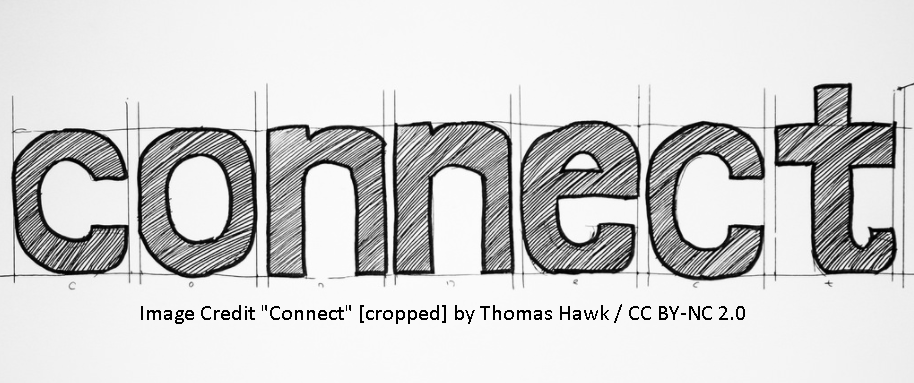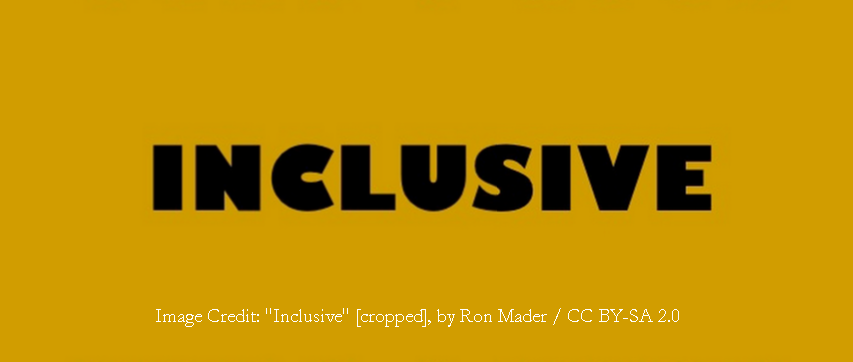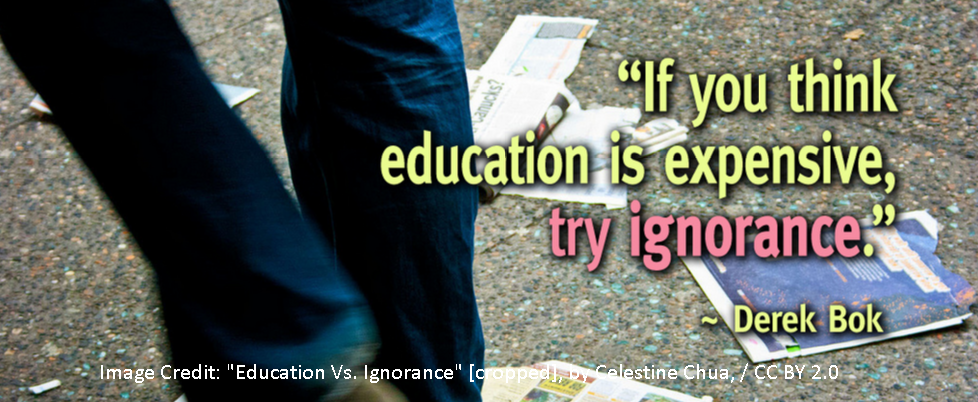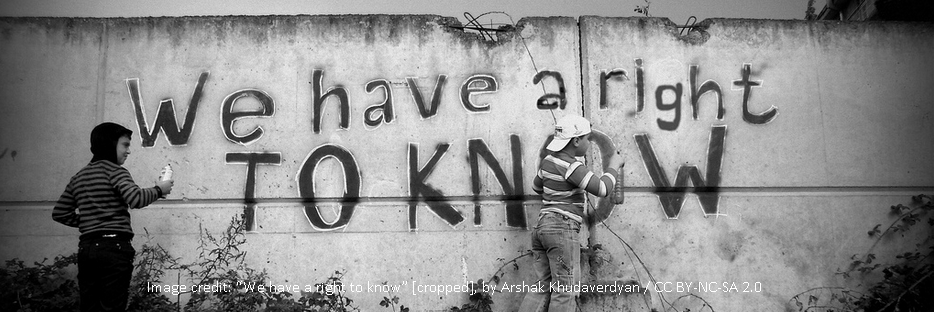Higher education for a hyper-connected world
Higher education for a hyper-connected world Patrick Blessinger St. John's University (NYC) and HETL Association In many respects the world has become a global knowledge society of interconnected and interdependent human activity that shares increasingly common ways to communicate and interact politically, economically and socially. Yet, at the same time, the world continues to be highly diverse in these areas as well as linguistically and culturally. The world has become more homogeneous at the global level, but still remains highly heterogeneous at the local level. An emerging hyper-connected world The emerging global knowledge society, facilitated mainly by international trade and travel and ubiquitous global communications such as internet and wireless based technologies, is a space of hyper-connected human activity in which people increasingly interact with each other on a regular basis, irrespective of physical space and time boundaries. It is a hyper-connected network where everything is quickly becoming connected to [...]






